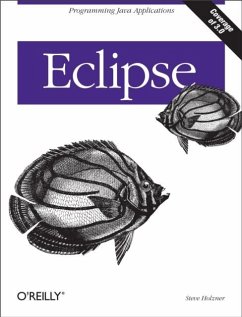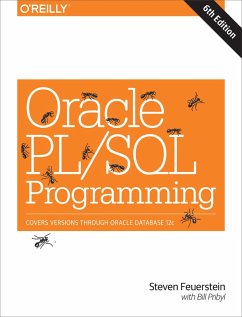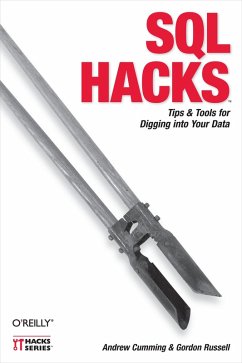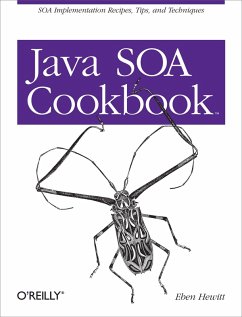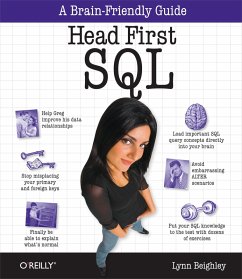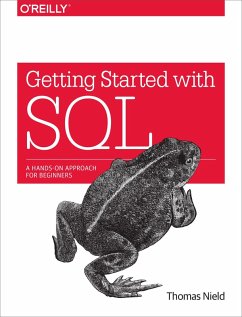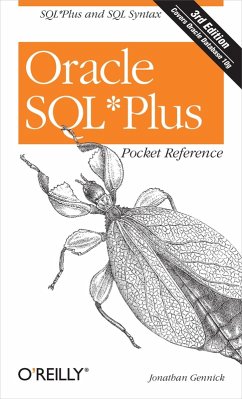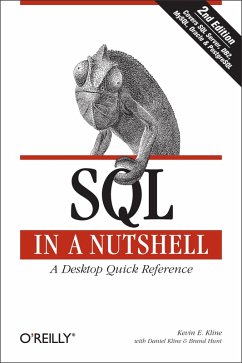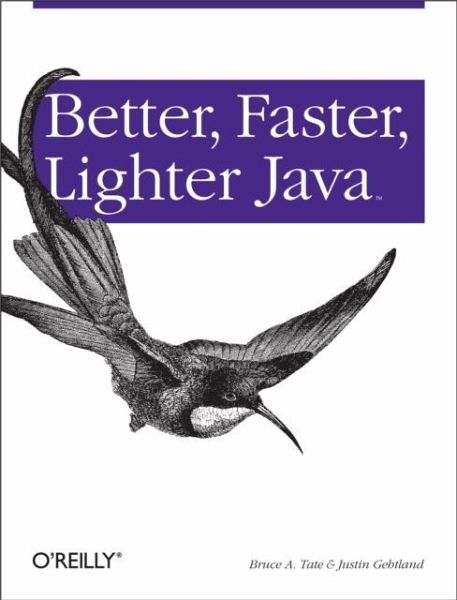
Better, Faster, Lighter Java (eBook, ePUB)

PAYBACK Punkte
8 °P sammeln!
Sometimes the simplest answer is the best. Many Enterprise Java developers, accustomed to dealing with Java's spiraling complexity, have fallen into the habit of choosing overly complicated solutions to problems when simpler options are available. Building server applications with "e;heavyweight"e; Java-based architectures, such as WebLogic, JBoss, and WebSphere, can be costly and cumbersome. When you've reached the point where you spend more time writing code to support your chosen framework than to solve your actual problems, it's time to think in terms of simplicity.In Better, Faste...
Sometimes the simplest answer is the best. Many Enterprise Java developers, accustomed to dealing with Java's spiraling complexity, have fallen into the habit of choosing overly complicated solutions to problems when simpler options are available. Building server applications with "e;heavyweight"e; Java-based architectures, such as WebLogic, JBoss, and WebSphere, can be costly and cumbersome. When you've reached the point where you spend more time writing code to support your chosen framework than to solve your actual problems, it's time to think in terms of simplicity.In Better, Faster, Lighter Java, authors Bruce Tate and Justin Gehtland argue that the old heavyweight architectures are unwieldy, complicated, and contribute to slow and buggy application code. As an alternative means for building better applications, the authors present two "e;lightweight"e; open source architectures: Hibernate--a persistence framework that does its job with a minimal API and gets out of the way, and Spring--a container that's not invasive, heavy or complicated.Hibernate and Spring are designed to be fairly simple to learn and use, and place reasonable demands on system resources. Better, Faster, Lighter Java shows you how they can help you create enterprise applications that are easier to maintain, write, and debug, and are ultimately much faster.Written for intermediate to advanced Java developers, Better, Faster, Lighter Java, offers fresh ideas--often unorthodox--to help you rethink the way you work, and techniques and principles you'll use to build simpler applications. You'll learn to spend more time on what's important. When you're finished with this book, you'll find that your Java is better, faster, and lighter than ever before.
Dieser Download kann aus rechtlichen Gründen nur mit Rechnungsadresse in A, B, BG, CY, CZ, D, DK, EW, E, FIN, F, GR, HR, H, IRL, I, LT, L, LR, M, NL, PL, P, R, S, SLO, SK ausgeliefert werden.





